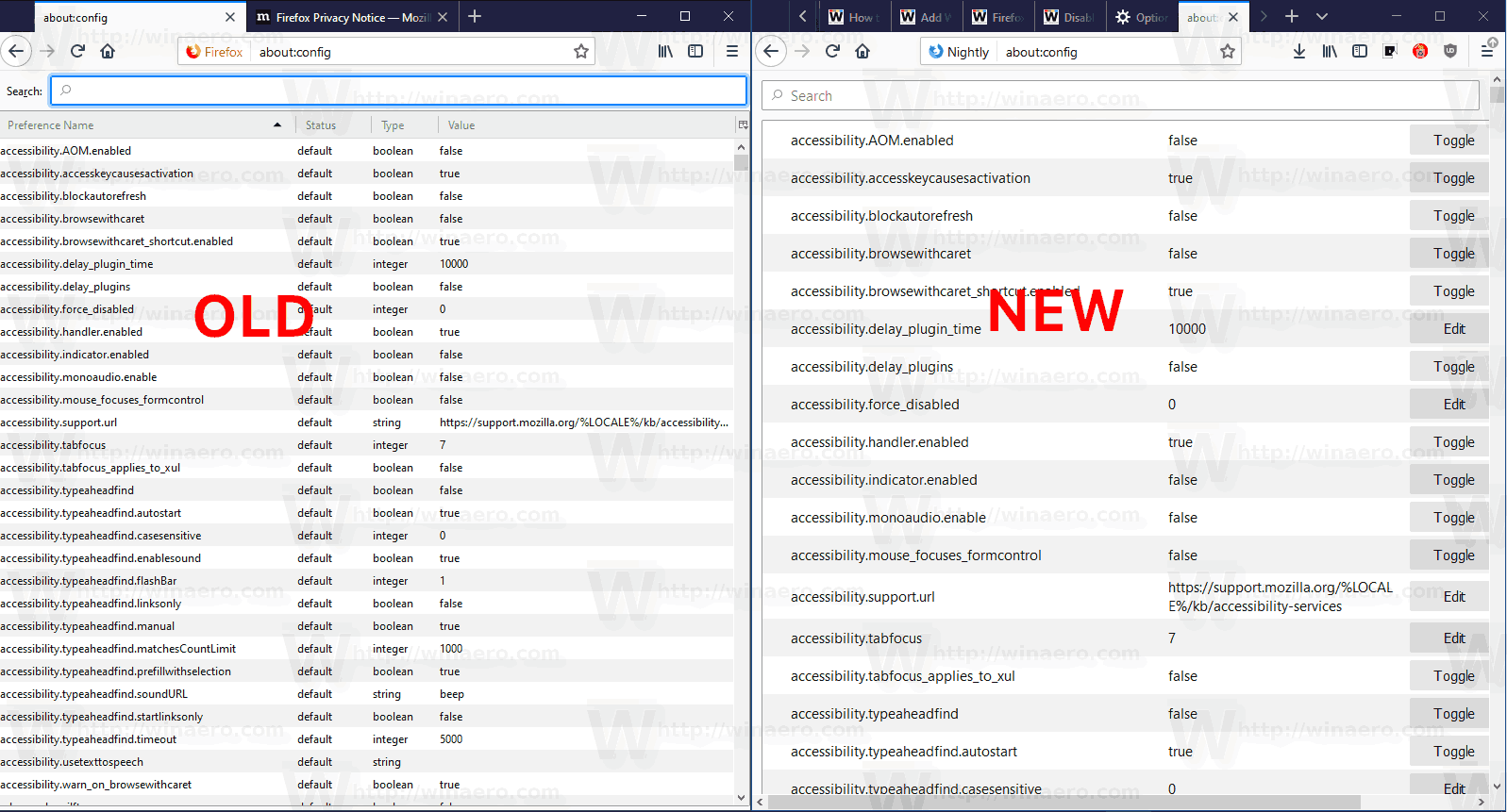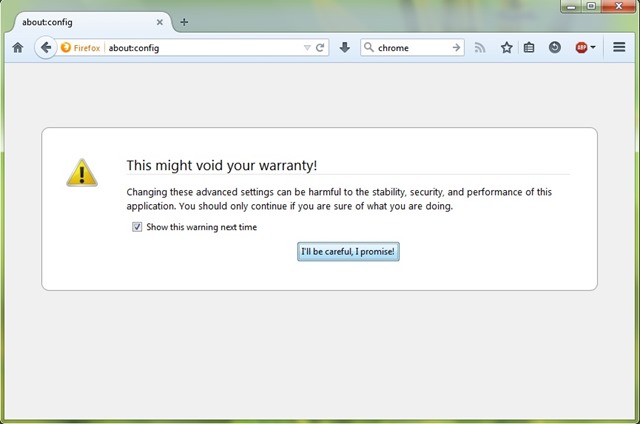
In the search box type network.proxy to reduce the settings to those we are interested in.

In Firefox address bar type: about:config. Provided that you already established such a proxy, for example with a suitable SSH client ( -D option). In my opinion it looks like an intentional choice as the system-level proxy you can normally configure could be leaking information for some reason or bug.Īnyway, we can configure the SOCKSv5 proxy for Firefox for Android prior to version 68.11, but there seems to be no way to do the same for Chrome/Chromium. I suspect it'd be something related to the "Android Program Policy" (or whatever else it's called). There's no apparent "technical" reason for that lack.

I need to configure a proxy on a per-browser basis, just like I can do on a PC, and not a VPN. Please, forget about VPNs which are also system-wide solutions like wifi proxies. I don't want to send all traffic through a proxy, but just that for a specific browser on demand.įor the curious, I am asking this because I need and can compare results on my landline Internet link, but I cannot do the same on my mobile one.

I mean the good ol' application-level proxy support. There's some system-wide support when you configure wifi, but that's not what I talk about. I can easily configure a SOCKSv5 proxy on my Android device with, say, ssh -D to be used over whatever connections I have (wifi, ethernet, mobile data.), but I cannot use it with my browsers.

There's no setting at all to configure one. While those browsers have full support for HTTP/SOCKS proxies under all other OSes (Linux, OSX and even Windows), they are lacking it completely under Android. Android supports both Chromium-based and Firefox-based browsers since long now.


 0 kommentar(er)
0 kommentar(er)
